Welcome to Literature.com!
Literature.com is a huge collection of classic books from famous and not-so-famous authors from around the world — collaboratively published by amateur book authors and contributing editors.
Navigate through our books database alphabetically or simply search by keywords. Books can be rated, discussed through community features and even translated to many common and not-so-common languages.
Les Misérables (1862)
Les Misérables is a French historical novel by Victor Hugo, first published in 1862, that is considered one of the greatest novels of the 19th century. In the English-speaking world, the novel is usually referred to by its original French title.
- Year:
- 1862
- 80,410 Views
PREFACE
So long as there shall exist, by virtue of law and custom, decrees of damnation pronounced by society, artificially creating hells amid the civilization of earth, and adding the element of human fate to divine destiny; so long as the three great problems of the century--the degradation of man through pauperism, the corruption of woman through hunger, the crippling of children through lack of light--are unsolved; so long as social asphyxia is possible in any part of the world;--in other words, and with a still wider significance, so long as ignorance and poverty exist on earth, books of the nature of Les Misérables cannot fail to be of use.
HAUTEVILLE HOUSE, 1862.
FANTINE
BOOK FIRST--A JUST MAN
CHAPTER I--M. MYRIEL
In 1815, M. Charles-François-Bienvenu Myriel was Bishop of D---- He was an old man of about seventy-five years of age; he had occupied the see of D---- since 1806.
Translation
Translate and read this book in other languages:
Select another language:
- - Select -
- 简体中文 (Chinese - Simplified)
- 繁體中文 (Chinese - Traditional)
- Español (Spanish)
- Esperanto (Esperanto)
- 日本語 (Japanese)
- Português (Portuguese)
- Deutsch (German)
- العربية (Arabic)
- Français (French)
- Русский (Russian)
- ಕನ್ನಡ (Kannada)
- 한국어 (Korean)
- עברית (Hebrew)
- Gaeilge (Irish)
- Українська (Ukrainian)
- اردو (Urdu)
- Magyar (Hungarian)
- मानक हिन्दी (Hindi)
- Indonesia (Indonesian)
- Italiano (Italian)
- தமிழ் (Tamil)
- Türkçe (Turkish)
- తెలుగు (Telugu)
- ภาษาไทย (Thai)
- Tiếng Việt (Vietnamese)
- Čeština (Czech)
- Polski (Polish)
- Bahasa Indonesia (Indonesian)
- Românește (Romanian)
- Nederlands (Dutch)
- Ελληνικά (Greek)
- Latinum (Latin)
- Svenska (Swedish)
- Dansk (Danish)
- Suomi (Finnish)
- فارسی (Persian)
- ייִדיש (Yiddish)
- հայերեն (Armenian)
- Norsk (Norwegian)
- English (English)
Citation
Use the citation below to add this book to your bibliography:
Style:MLAChicagoAPA
"Literature.com ." Literature.com. STANDS4 LLC, 2025. Web. 11 Mar. 2025. <https://www.literature.com>.


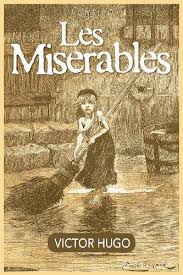
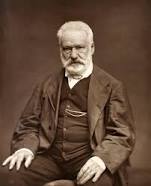




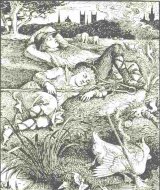
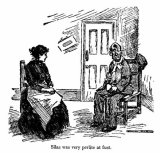
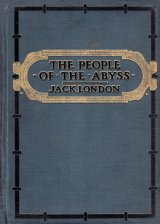







Discuss everything about Literature.com with the community:
Report Comment
We're doing our best to make sure our content is useful, accurate and safe.
If by any chance you spot an inappropriate comment while navigating through our website please use this form to let us know, and we'll take care of it shortly.
Attachment
You need to be logged in to favorite.
Log In